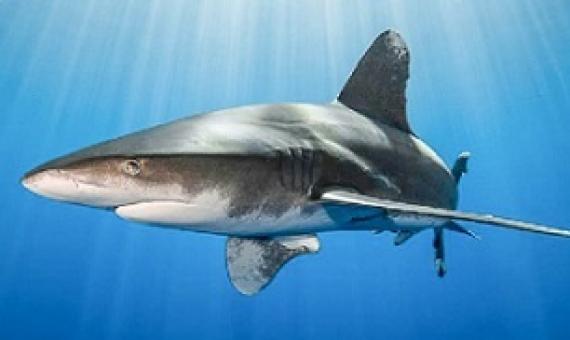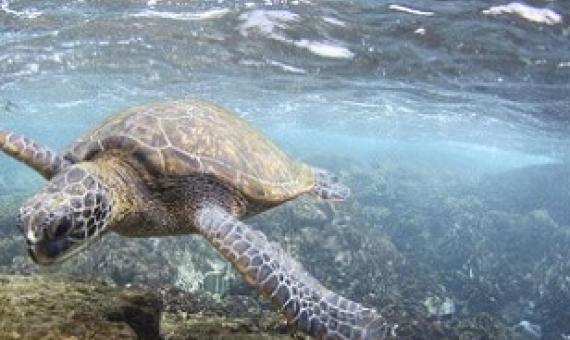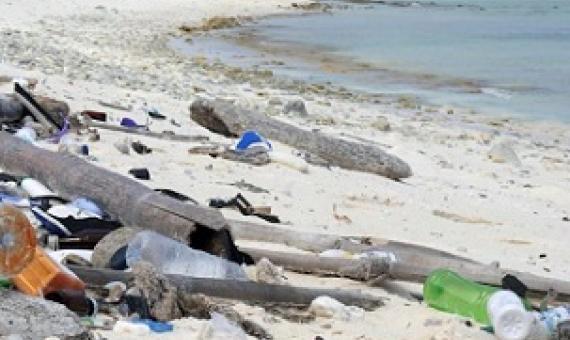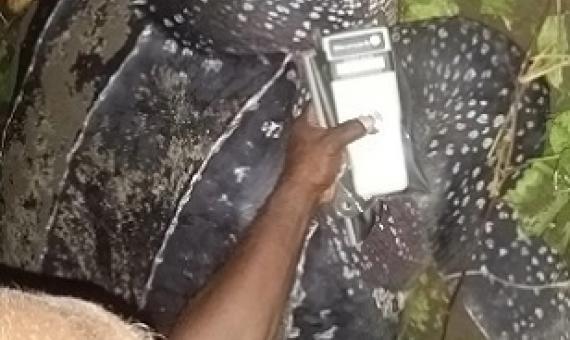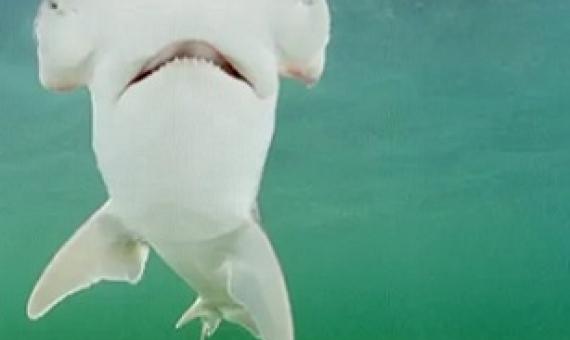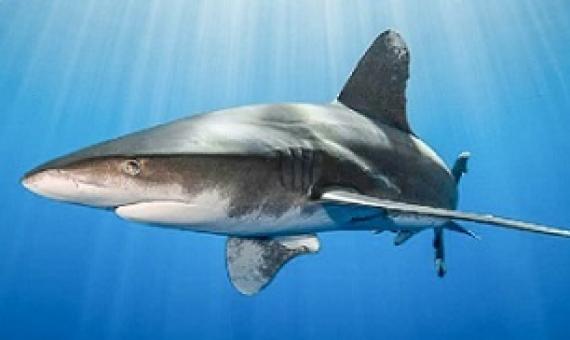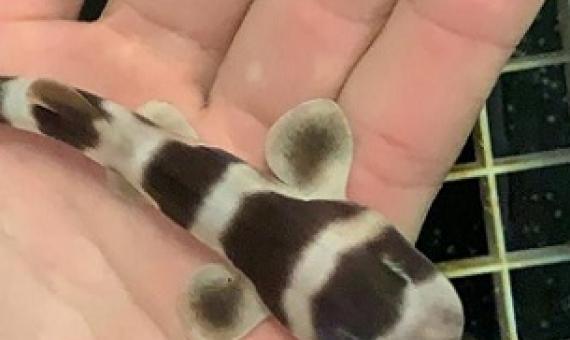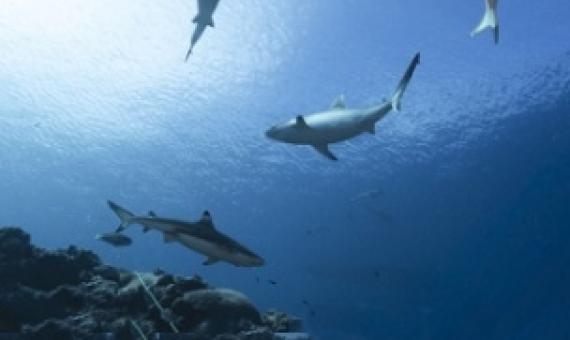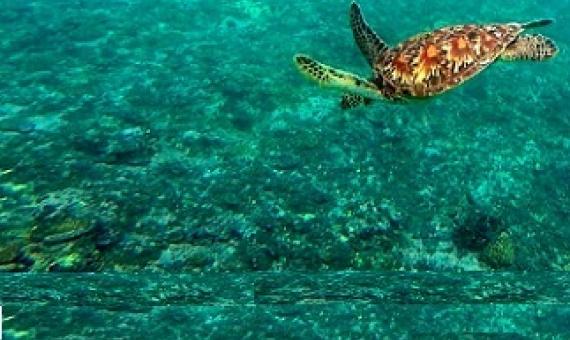WWF urges all states fishing for tuna to implement a set of urgently needed measures – including 100% observer coverage on all industrial fishing vessels by 2030 and recovery plans for all critically endangered and endangered oceanic sharks and rays by 2026 – in order to prevent extinctions and r
We’re now in the middle of nesting season for Hawaiian sea turtles, which runs from April to September. After a historically busy season last year, conservation agencies are calling on the public to keep them safe. The U.S.
Research scientist Jennifer Lavers has spent weeks sifting through the world's waste on two remote sets of islands — and what she has found could have alarming consequences for wildlife. In 2017, many were shocked to learn the shores of uninhabited Henderson Island in the South Pacific
What used to be a turtle slaughtering ground for a coastal community in the Solomon Islands in the past is now a safe sanctuary for the leatherback, the largest sea turtle species on earth. The Haevo Khulano Integrated Conservation area in Isabel Province was established in 2013 following in
Scientists in Florida have concluded that sharks possess an internal navigation system similar to GPS that allows them to use Earth’s magnetic forces to travel long distances with accuracy.
The Government of Fiji has been an active driver towards the conservation and management of sharks and rays regionally and globally.
Sixteen out of 31 oceanic shark species are now critically endangered or endangered, a study published in the journal Nature found earlier this year. The number of oceanic sharks and rays in the world has declined by 71% from 1970 to 2018,the researchers observed.
Thousands of sharks have been illegally caught in a Marine Protected Area (MPA) in the Indian Ocean, new research shows. The MPA was created in 2010 around the Chagos Archipelago, also known as the British Indian Ocean Territory (BIOT), banning all fishing there.
Because of global warming, most newborn sea turtles are female, which could put their long-term survival at risk. New research reveals that in addition to more widely used techniques such as shading and irrigation, the splitting of the turtle nests, which has not been tried before, coul
Solomon Islands, a country with one of the world’s most extensive shorelines, has taken a step towards conserving the nesting beaches and protection of Pacific leatherback sea turtles.

